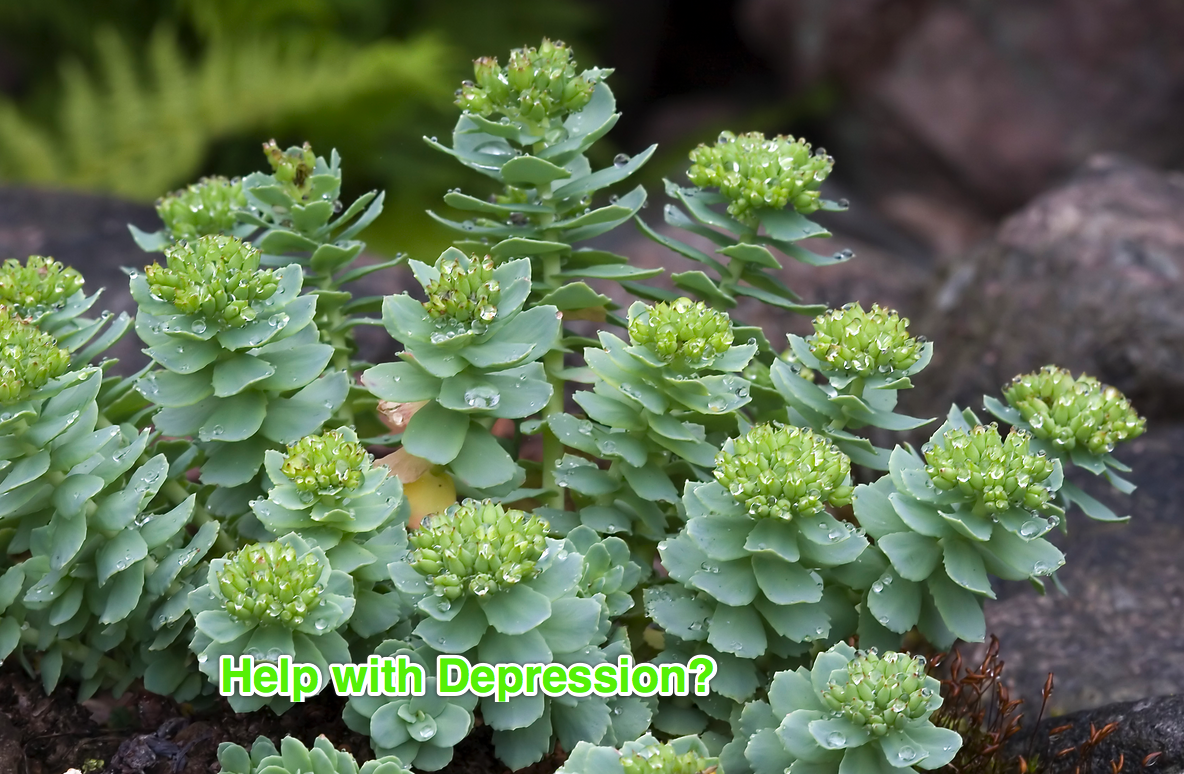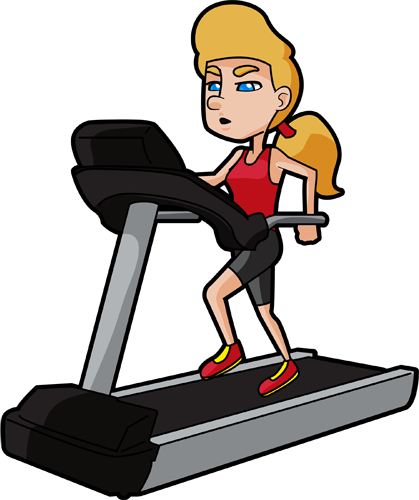
Minneapolis St. Paul Mental Health Blog
Posts about:
Depression studies help


1/2 of COVID-19 Survivors Report Moderate to Severe Depression
Mental Health | Nearly half of people who had recovered from acute COVID-19 reported moderate to severe depressive symptoms...

Mental Health | Adding Psychotherapy After Medication Response Helps
Mental Health | Integrating psychotherapy after response to medication helped ...
... reduce relapse and recurrence of major depressive disorder (MDD), whether or not pharmacotherapy was continued, researchers found in a systematic review and meta-analysis.

Mental Health | Zuranolone improves depressive Symptoms within 14 days
Mental Health and new studies for Depression relief
Zuranolone, an investigational neuroactive steroid, improved depressive symptoms in a majority of patients within a 14-day treatment course, Sage Therapeutics reported.
Topline results from the ongoing phase 3 open-label SHORELINE Study also demonstrate zuranolone was well-tolerated in patients taking 30 mg, and among patients treated with the 50 mg dose after the study protocol was changed in May to include it, according to a press release from Sage.

Mental Health Update | EEG Data Predicts Anti-Depressant Response
Electrical activity in the brain can help gauge whether a patient will benefit from a selective serotonin reuptake inhibitor,
....according to a study published online in JAMA Psychiatry.

Cannabis may ease symptoms, it also impacts Depression over time
Smoking cannabis eases symptoms of depression, anxiety, and stress shortly after use, but depressive symptoms are likely to worsen over time,.....

Updated Clinical Practice guidelines for Adolescent Depression

Mental Health Update | Simple EKG Can Determine Depression or Bipolar Disorder
Heart rate variability can indicate whether a person has bipolar disorder or major depression, a new study reports.

Depression on the rise for ages 12 and up | Mental Health and Depression
Mental Health Studies | Depression is on the rise in the United States, according to researchers…

Exercise for 1 hour per week | Reduce the risk for Depression
Engaging in just one hour of leisure-time physical activity per week can reduce your risk of future depression...
...according to a new study—which is the largest and most extensive of its kind to date. This paper, “Exercise and the Prevention of Depression: Results of the HUNT Cohort Study,” was published online ahead of print October 3 in The American Journal of Psychiatry.
The findings of this study suggest that surprisingly small amounts of low-intensity physical activity (60 minutes of exercise per week, without becoming breathless or sweating) can protect against future depression, regardless of age or gender.
